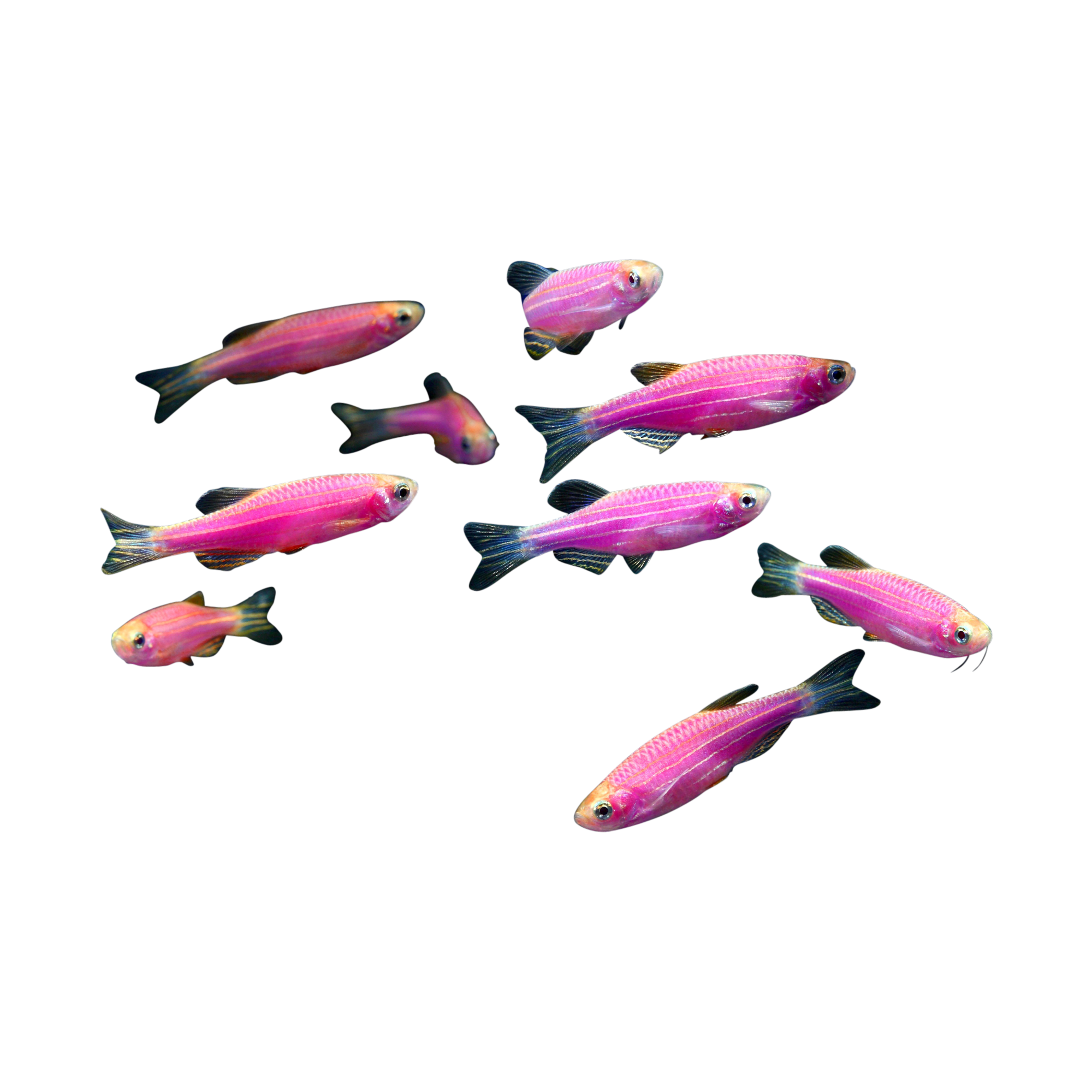So my little dog ate half a bag of hot and spicy cheez its, and half a bag of gold fish while I was away.. she has never had anything spicy or really salty! What will this do to her? Should I be overly concerned??
You may see some stomach upset (vomiting or diarrhea) in the next few hours. As long as Miska is behaving normally, you can try withholding food for 24 hours. Allow small amounts of water or unflavored PediaLyte. Resume feeding a bland diet in small, frequent amounts until symptoms resolve. Transition slowly to the regular diet afterwards. Monitor for lethargy, loss of appetite, persistent vomiting or diarrhea and abdominal pain. These are symptoms that should be addressed by your veterinarian.
Read More
